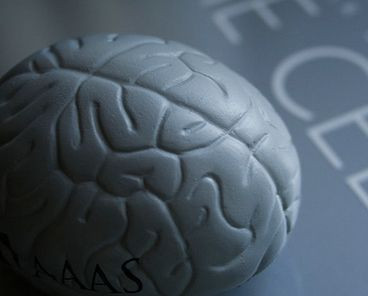Struggling With Your Diet? Blame Your Memory

Researchers at the University of Aberdeen have found evidence that demonstrates why sticking to a diet is one of the hardest challenges for individuals trying to lose weight.
Studies suggest the challenge may be due to an individual's memory.
In a series of trials conducted by Dr. Julia Allan, a health psychologist at the University of Aberdeen, it was discovered executive functioning is essential for maintaining healthy resolutions.
Two forms of memories that were observed in the trials were executive function and prospective memory. Executive function allows an individual the ability to weigh options, prioritize, multitask and plan ahead. It also included prospective memory, which is what is needed to execute plans. Someone who has a poor prospective memory may forget to do things such as lock the door, mail a letter or even meet a friend. For those dieting, a poor prospective memory could cause someone to forget he or she is on a diet.
The study demonstrated when participants recorded what they consumed over a three day cycle, those with poor executive function ate less fruits and vegetables and more surgery snacks than what they intended to. Additionally, when offered the opportunity to consume chocolate, an individual who has poor executive memory is more likely to surrender to temptation.
Currently Dr. Allan is looking for ways to assist those with poor executive memory to eat healthier. She believes giving the individual all the facts regarding calories is more effective than guiding the individual to healthier options such as fruits. Displaying calories for an individual can serve as a reminder to those with poor executive memory.
According to Dr. Allan sticking to diet is more than just eating healthy, for others it consist of different psychological abilities. She also believes this information may be helpful for individuals who are struggling with quitting smoking.
Dr. Allan presented her findings to the British Science Festival in Aberdeen.



























